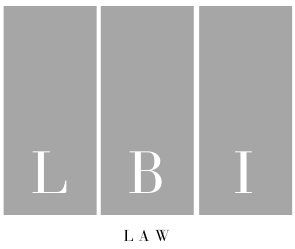Types of Representation
LBI Law uses different approaches to tailor your representation based on your circumstances.
Traditional Representation
When seeking legal representation for a family law matter, typically this means representation in a divorce, custody, or child support court case. Traditional representation or full-service representation is when the lawyer takes on all aspects of a case such as communicating with the client, communicating with the opposing counsel, developing a strategy, drafting and filing court documents, engaging in discovery (formal legal investigation), negotiating, appearing in court, complying with court deadlines, and preparing for hearings, trials, and other court dates. LBI Law recommends traditional representation as this is the best way to protect the client.
Limited Scope Representation
Limited scope representation is less than traditional and can be tailored to a client’s particular needs and objectives. Limited scope can include one or more of the following:
- Counseling: Limiting representation to counseling means that LBI Law will advise and confer with a client on legal issues such as reviewing and advising on documents, preparing for a court date, or negotiating parenting disputes.
- Drafting: Limiting representation to drafting means that LBI Law will investigate the necessary information and draft legal documents based upon the information. Legal documents can include petitions, motions, responses, answers, settlement agreements, and parenting plans.
- Select Litigation: Limiting representation to one aspect of litigation means that LBI Law will formally appear in a client’s court case but only for one particular purpose. A family law case can include a petition for dissolution of marriage, a petition for an order of protection, and a petition for rule. Select litigation allows LBI Law to represent a client on only one substantive action. Select litigation can also allow LBI Law to represent a client for only one particular event, such as for a hearing on a particular issue.

